One person is always the troublemaker in some families, no matter what actually happens. Fairness doesn’t matter. Instead, it’s how the family’s roles get assigned that are really important, and once you become the scapegoat, it sticks. Here are 18 signs that this could’ve been you in a dysfunctional family. Do any of these sound familiar?
Nickname That Frames You As the Problem

You might’ve been called the “wild one” ever since middle school, or maybe they say you’re “our little storm cloud.” But this isn’t a simple joke. They’ll repeat this nickname in stories and write it in birthday cards, while also whispering it to new people before you even have a chance to meet them. Now, it’s stopped being a name. It’s more like a built-in accusation that you can’t change.
Family Stories Rewritten to Make You the Cause

When you’re thinking about some of the mistakes that happened before, you realize that they’re different from how your family tells them. For example, during a camping trip, your cousin locked the keys in the car. Yet the story becomes that you distracted your cousin and caused them to forget the keys. Sure, people laugh about it like it’s just a funny memory. But it isn’t to you.
Rules That Only Apply to You
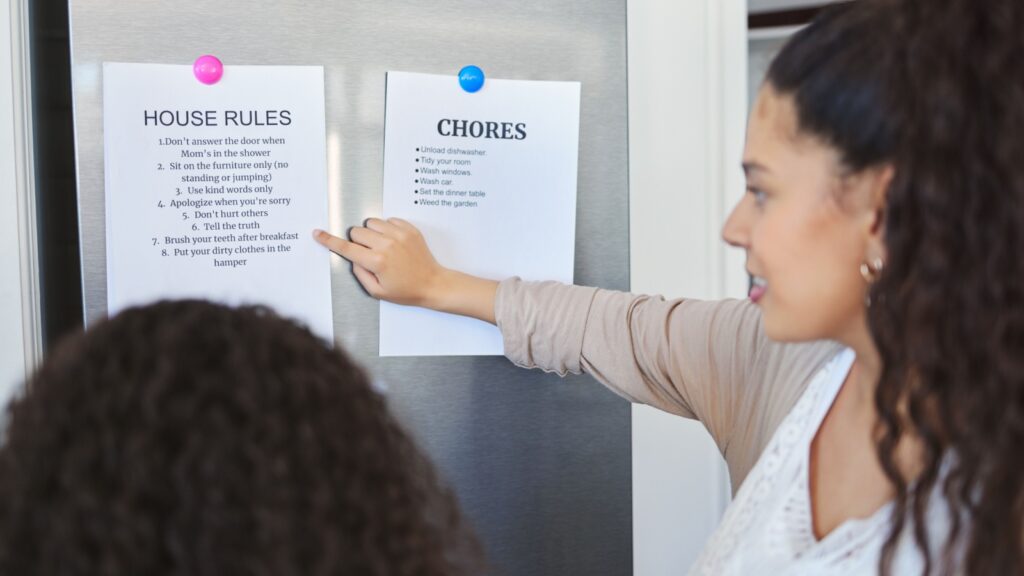
The rules were never the same at home. Your curfew was 9 PM, while your younger sibling was told to just text your parents when they were finished, which was totally unfair. But by far the weirdest part was what happened when someone broke the rules. If you broke them, you’d get a lecture, but if they did, they’d get a shrug, and perhaps an explanation of why it was okay for them to do so.
Punishments Chosen For Show

It’s natural for things to blow up at home sometimes. However, what’s not natural is the consequences being different for different siblings. You’d get the most visible punishments, like mowing both lawns or scrubbing the porch in view of the neighbors. It was always something that could be shown off as your parents teaching you responsibility. It didn’t even matter that the mess started somewhere else, as you were the one on display.
Holiday Seating That Isolates You
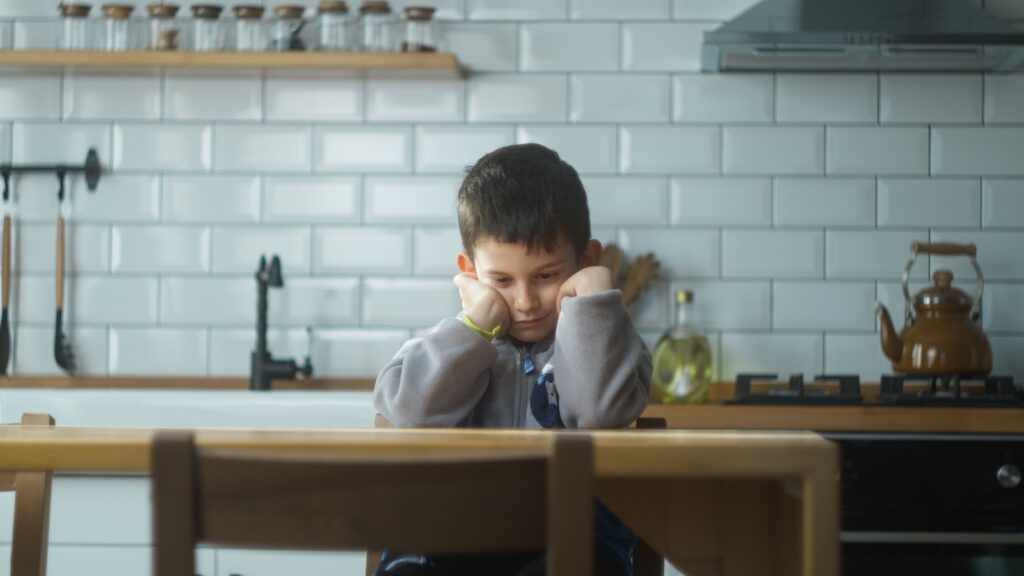
You may have noticed that you’re always at the far end of the table during holidays, and never next to the people your age. Instead, you’re way down by the doorway, or wedged between two toddlers. Although you can see the fun conversations happening five seats away, by the time the food reaches you, the topic’s already changed. You’re being isolated because you’re the problem child, apparently.
Privacy Rules Waived For Your Stuff

Anytime your parents wanted to do random checks, your room was fair game for them, but everyone else’s doors had to stay closed. Sure, you could try putting a lock on something. However, your parents would then accuse you of “hiding things,” and the double standard became so normal that you stopped being surprised when your parents searched your bags. It’d happen even in the middle of a fight over something unrelated.
Family Jokes That Quote You Out of Context

One time, you said something silly, and now it has become an inside joke, but without the “inside” part. Your family loves retelling the punchline that makes you sound clueless, and they’ll take any chance to share it with other people. There’s no point in trying to explain what you actually meant. Why? Because then you’re labeled as the one who’s ruining the joke, despite the fact that it wasn’t very funny.
Gift-Giving With Messages Attached

During the holidays or on your birthday, you still get presents. But while other people get fun stuff, you get something like a book titled “How to Communicate Better,” or a planner with a note that says it’ll “help you stay on track.” Ouch. It doesn’t matter how much they like to pretend it’s a present, as the message they’re sending you says something very different.
Therapy Attempts Blamed On You

Some families try counseling to solve their problems, and if you’re the scapegoat, they probably label you “the problem” in the first session. The therapist might ask a group question, yet you’re the only one ever answering them, and the rest of the family stays silent. You could try talking about patterns or solving issues. But then, mysteriously, the next session gets “canceled” because “it wasn’t working” or was “too expensive.” Yeah right.
Silence Days With a Middleperson

Unfortunately, there are a few parents who think the silent treatment is an appropriate way to treat children. They’ll stop talking to one of their children completely and use their sibling as a go-between, saying things like “Tell them dinner’s ready” or “Ask if they finished their chores.” You’re never allowed to approach them directly, simply because they think you’re the cause of all the issues.
Credit Taken, Blame Returned

After you help to clean the garage or plan the party, someone else gets all the thanks for managing you, while you get none of the praise for actually doing the work. Then, if anything goes wrong later, it’s somehow your fault. They’ll claim that you didn’t do it right. Just how on earth is that fair?
Apologies Demanded for Others’ Reactions

Someone yells at you, but you’re the one who has to apologize to them because they claim that you upset them. The original issue, or the fact that they blew up, is never actually addressed, and that’s because of a simple rule in your household. Their reaction is your fault. You fix it. That applies, even when the “fix” is just you saying sorry so everyone can get back to what they were doing.
Being Told to Apologize on Behalf of Everyone Else
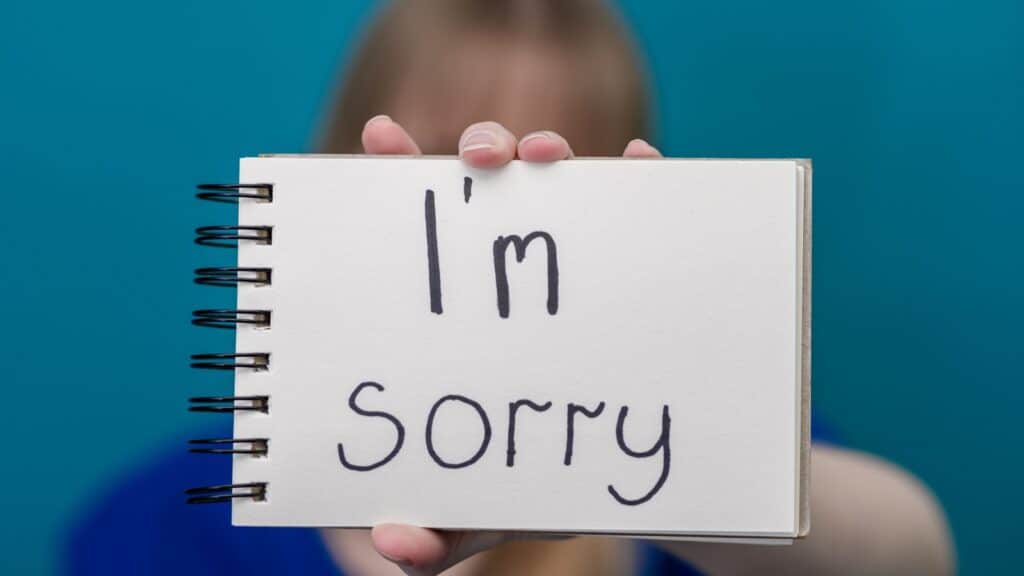
But that’s not all for apologies. Whenever the family gets in trouble, such as the neighbors being annoyed at the noise, you’re the one who they’ll trot out to say “sorry.” Nobody asks if you were even involved. Instead, the excuse is always that you’re speaking for the family all the time, although the truth is that your family simply wants you to take the fall. This way, everyone else can avoid the awkward part.
Accusations Without Being Asked for Your Side

As soon as you walk into the house, you’re in trouble, without any questions or any details. There’s simply an assumption that you were the one who messed up, and it continues even after you try to explain. They’ll say that you’re making excuses. After a while, you don’t even bother defending yourself because you know that your family has already decided the verdict, so there’s really no point anymore.
Consequences Sticking Even After You’re Cleared

Later, it might emerge that you weren’t the one who caused the problem, but the punishment still stays. The only thing that changes is the reasoning. Now, you’re being punished so that you “learn an important lesson,” or maybe the whole thing is simply a “reminder to be careful.” The actual culprit walks away free. This means you’re left following through on a consequence for something you didn’t even do.
Being Used As the Example of What Not to Do
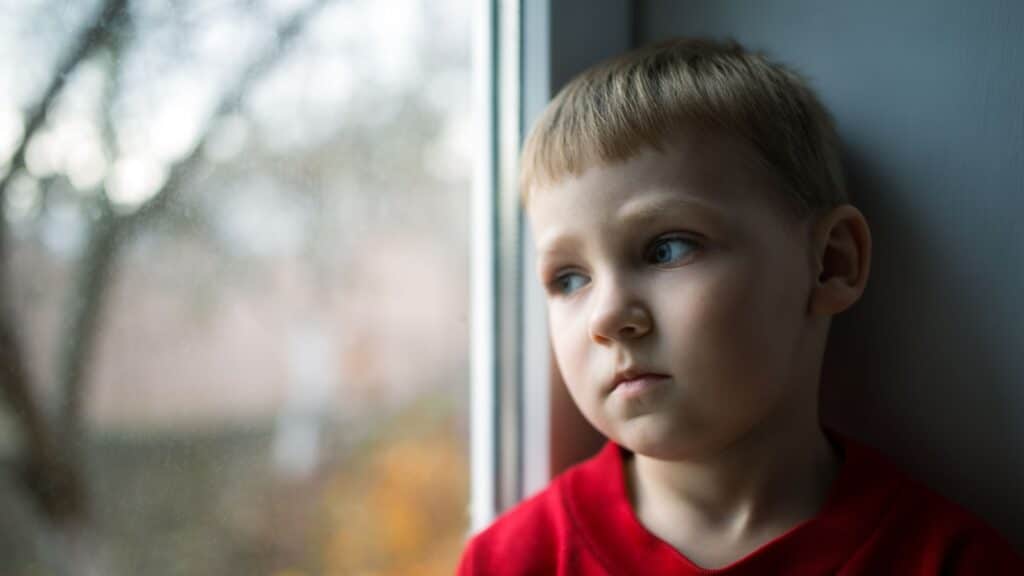
Most conversations become history lessons about your bad decisions, no matter if these are things that you did years ago. Your family tells these stories like they happened yesterday. In fact, they’ll share these details in front of younger siblings or cousins as a warning of how not to live, regardless of whether the memories are fuzzy. You’re a cautionary tale for everyone else.
Criticism Delivered in Front of Others
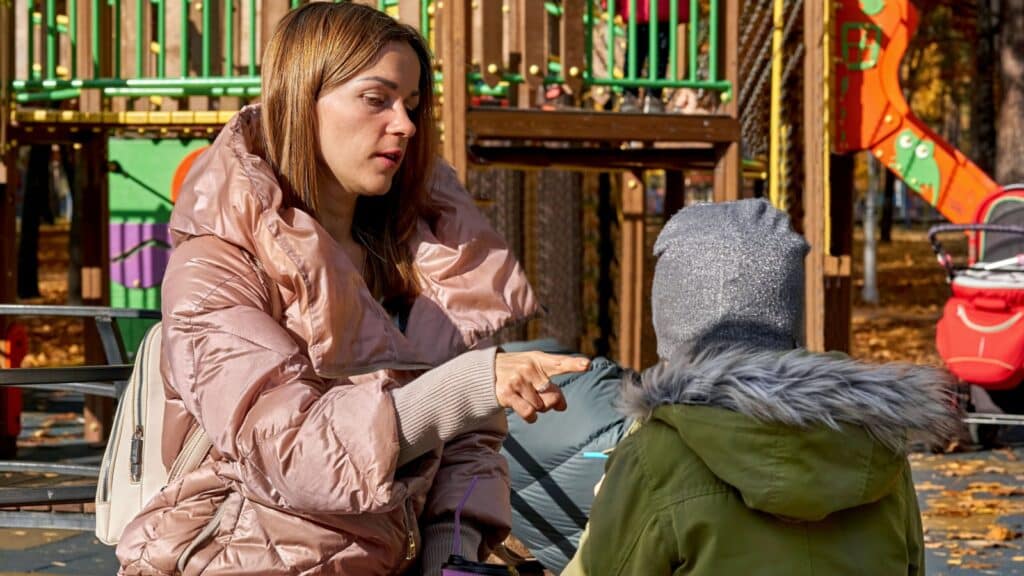
Instead of pulling you aside, certain family members seem to save their complaints for when other people are around. This could be at a holiday dinner or during a visit from friends. It might even be in a store. Either way, the family handles everyone else’s mistakes relatively quietly, but your mistakes become a public performance. It’s just not fair.
Your Motives Always Questioned

Your family treats you with suspicion anytime that you do something nice, whether that’s washing the dishes or helping out with errands. They very rarely show you gratitude. Rather, they’ll ask you what you want, or whether you’re trying to make up for something, even with harmless actions. Apparently, every kind gesture has strings attached. It happens enough times that you start feeling like nothing you do will ever be taken at face value.
18 Things People Say Out of ‘Love’ That Can Hurt

Some of them sting harder because they come from the same people who say they care. The intention may have been “love,” but the impact? Hurts. Here are 18 common phrases people throw around with the best of intentions, but which actually hurt more than people realize.
18 Things People Say Out of ‘Love’ That Can Hurt
17 Things You Might Be Doing Out of Childhood Trauma

You think you’re just “quirky” or “independent” — but that people-pleasing, panic cleaning, or ghosting behavior? That could be your inner 8-year-old trying to feel safe all these years. If you’ve ever wondered why you freak out over texts or can’t keep still in silence, these behaviors might be eye-opening for you.
17 Things You Might Be Doing Out of Childhood Trauma

